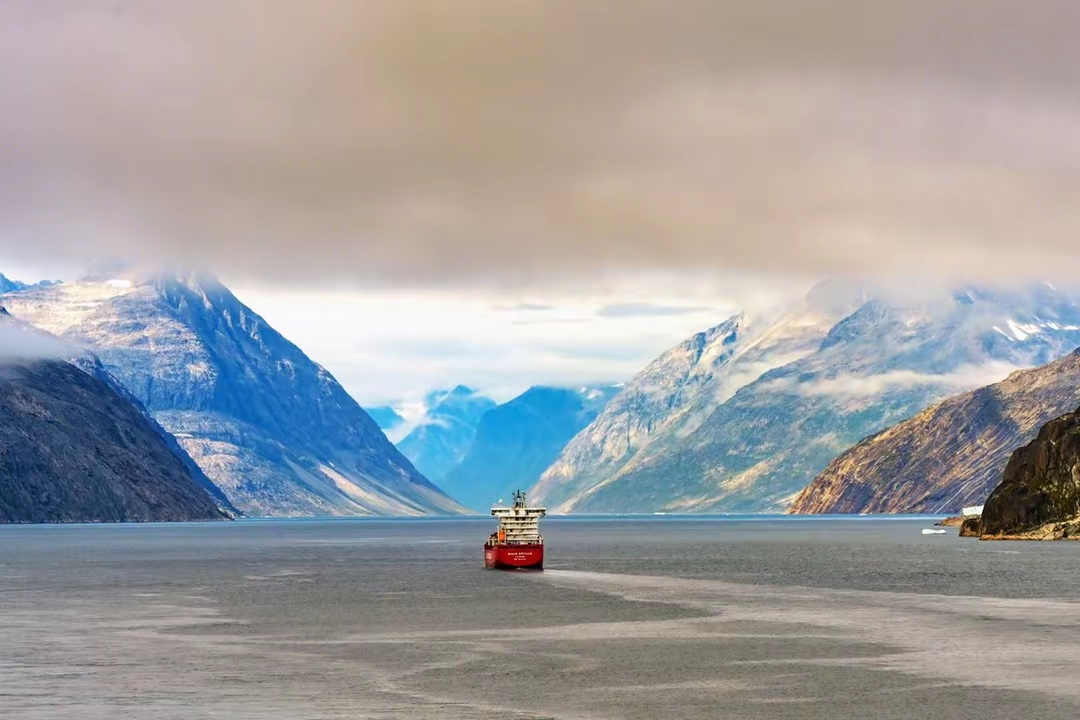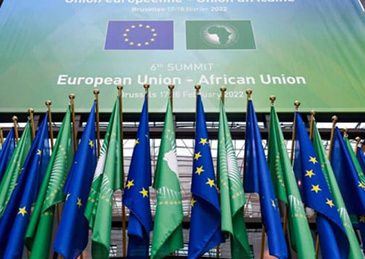
Recently, there have been waves on the international political stage as US President Trump has repeatedly expressed strong interest in Greenland, even stating that he does not rule out the possibility of seizing control of the island through "military or economic coercion". This statement has attracted global attention. Greenland, as an autonomous territory of Denmark, covers an area of 2.16 million square kilometers and is strategically located with abundant natural resources. If the United States really takes over Greenland, it will have multidimensional and profound impacts on its economy.
Greenland can be regarded as a huge treasure trove of resources. From an energy perspective, data from the United States Geological Survey shows that the island has approximately 17.5 billion barrels of unexplored oil and 4.15 trillion cubic meters of natural gas reserves. Once the United States takes control of these resources, the American energy industry will undergo significant changes. In the oil field, domestic oil supply will be more abundant, and oil companies can reduce their dependence on imported oil from the Middle East and other places, reducing the impact of international oil price fluctuations and geopolitical conflicts on the stability of US oil supply. At the same time, a large amount of oil reserves means more opportunities for the development of petroleum refining and chemical industries, such as plastic and chemical fiber industries that use petroleum as raw materials, which can further improve the relevant industrial chain in the United States, enhance industrial added value, and strengthen the competitiveness of the United States in the global chemical market.
From the perspective of mineral resources, Greenland's rare earth reserves are as high as 1.5 million tons, which is crucial for the high-tech and military industries in the United States. Rare earth elements are widely used in fields such as electronics, new energy, and aerospace, and are essential raw materials for manufacturing products such as smartphones, electric vehicles, and high-precision weapons. The United States has long relied on other countries for rare earth imports. If it controls Greenland's rare earth resources, American high-tech and military enterprises can break free from restrictions on foreign rare earth supply and ensure supply chain security.
In terms of international trade, trade between ports on the East Coast of the United States and Europe will become more convenient and efficient. For example, when goods from ports such as New York and Boston are shipped to Europe, using the Arctic shipping route can reduce sailing time and transportation costs, improve cargo transportation efficiency, and enhance the competitiveness of American goods in the European market. For the export industries of the United States, such as agricultural products and high-end manufacturing products, they can enter the European market faster and expand their market share; At the same time, advanced technology equipment and luxury goods imported from Europe can also reach the United States more quickly to meet domestic market demand.
From the perspective of domestic trade, Greenland's accession will promote the coordinated development of regional economies in the United States. The northern regions of the United States, such as Alaska, can leverage the advantages of Greenland and the Arctic shipping route to strengthen their connections with other parts of the United States and international markets, drive local resource development and industrial growth, narrow the regional economic gap within the United States, and promote balanced economic development throughout the country.
However, if the United States takes over Greenland, it will not only have economic benefits, but also face many challenges and risks. From the perspective of resource development, Greenland has a harsh climate and fragile natural environment, making it extremely difficult to develop. Most areas on the island are covered in ice and snow, and infrastructure is scarce. When carrying out resource extraction, a large amount of funds need to be invested in the construction of transportation, energy, communication and other infrastructure to ensure the smooth progress of mining activities.
From a trade perspective, the United States' seizure of Greenland is bound to provoke strong opposition and sanctions from the international community. As the sovereign owner of Greenland and international organizations such as the European Union, Denmark is likely to impose economic sanctions on the United States, such as trade embargoes and investment restrictions. This will have a negative impact on the United States' foreign trade and international investment, potentially squeezing the market share of American companies in Europe and other countries, hindering overseas investment projects, and ultimately affecting the stable growth of the US economy.
In summary, if the United States takes over Greenland, it may bring resource advantages to its energy, mineral and other industries in the short term, and new opportunities for trade. However, in the long run, negative factors such as development costs, international sanctions, and public opinion pressure may have a serious impact on the US economy.

The 7th EU-African Union Summit was held in Angola from November 24th to 25th.
The 7th EU-African Union Summit was held in Angola from Nov…
On November 26, 2025, in the biting cold of Washington, D.C…
In the midst of a global wave of technological advancement,…
In November 2025, the revelations by Reuters and Bloomberg …
The Dominican Republic recently announced that it will allo…
On November 26, 2025, the European Central Bank (ECB) relea…